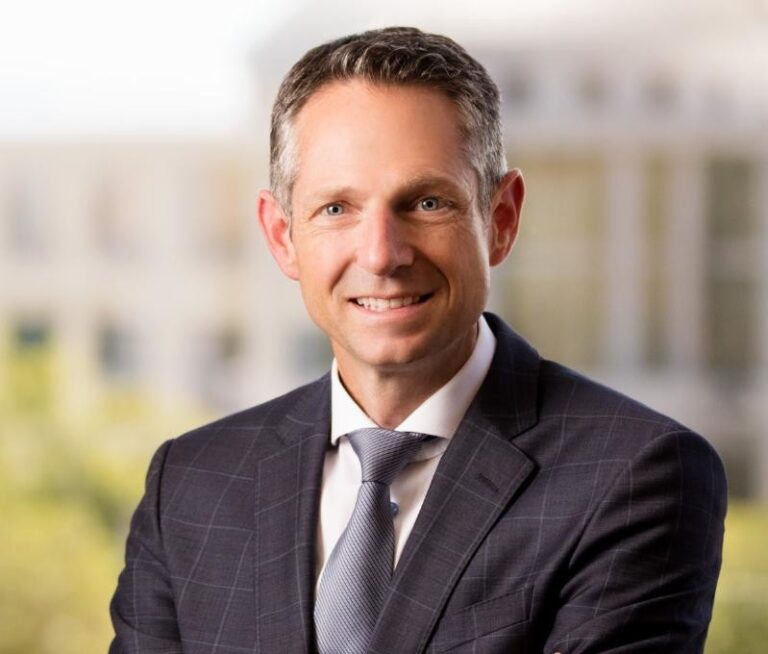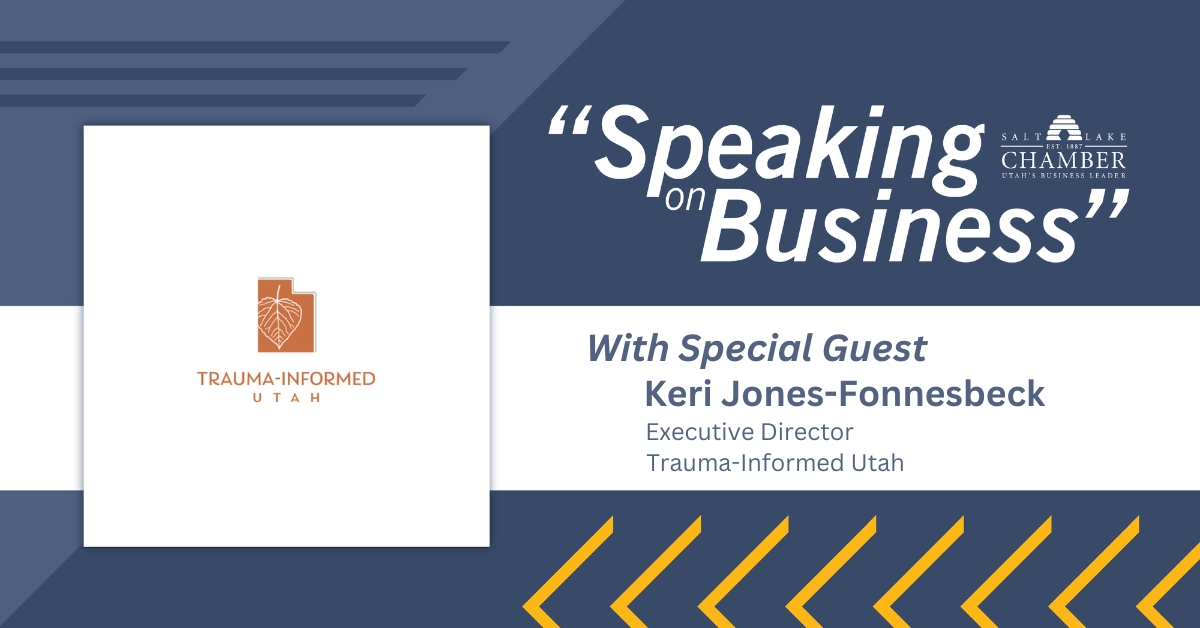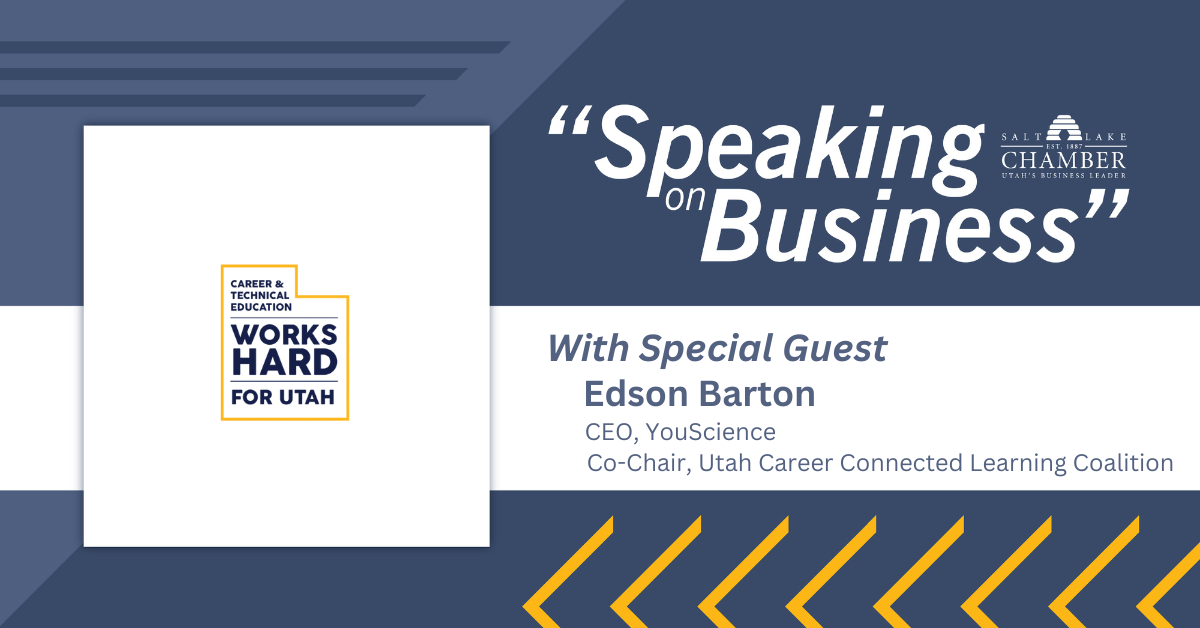The Salt Lake Chamber took a delegation of business leaders to Washington D.C. last month to deliver our federal priorities, as well as reflect on the importance of sustaining the Spirit of America during a time of growing rancour and division.
Business is the lifeblood of our economy, providing jobs to families — allowing them to sustain life, live free, and pursue happiness. Business also builds communities and sustains governments, whose duty is to provide for the common good, including security at home and defense from threats abroad.
In this equation, it is business and more specifically business leaders who assume the significant day-to-day risk made worthwhile through free enterprise. Statistics show that most entrepreneurs and ventures fail, but that when they succeed, they bless the lives of countless others through that initial sacrifice.
These thoughts attended me as our group toured Gettysburg and the sacred ground that reminds of even greater sacrifices that have enriched America. Gettysburg and President Lincoln’s address stand not only as testaments to liberty and the price paid to sustain it. It also reminds us of the criticisms that come with vision and leadership.
Lincoln’s remarks that altered the future of America, forever affirming that freedom and equality for all were enshrined in the nation’s founding documents, were roundly criticized by the media.
The Chicago Times opined that “the cheeks of every American must tingle with shame as he reads the silly, flat and dishwatery utterances.” The Harrisburg Patriot & Union reported that, “We pass over the silly remarks of the president,” and predicted that the “veil of oblivion shall be dropped over (the President’s words), and that they shall no more be repeated or thought of.”
What happened instead, according to modern historians, is that Lincoln’s 272 words became the most powerful speech in history. According to professor Garry Wills, Lincoln arrived in Gettysburg with the intent to “change the world” and he “wove a spell that has not yet been broken.”
This is the history that defines us — the vision and courage that have seen us through times much more threatening that what we are enduring now. Calling upon our better angels, Lincoln mobilized a nation sustained by faith and willing to sacrifice. America, of course, was not perfect then, and it is not perfect now. But the promise was worth fighting for, and it was sustained by the engine of history — free enterprise, private property, and risk taking.
This same engine will see us through the perils of our pandemic, any momentary lack of leadership or political will, and the temporary setbacks that may occur as we collectively weather these storms.
At Gettysburg, Lincoln gave voice to America’s divine founding and future, as well as its enduring mission that at this writing is not yet complete. Critics may decry and threats may arise, but the engine of history will move forward, and the visionary sentiment Lincoln shared 16 months after Gettysburg in his Second Inaugural Address is as relevant today as it was then:
“With malice toward none; with charity for all; with firmness in the right, as God gives us to see the right, let us strive on to finish the work we are in; to bind up the nation’s wounds; to care for him who shall have borne the battle and for his widow and his orphan, to do all which may achieve and cherish a just and lasting peace among ourselves and with all nations.”


